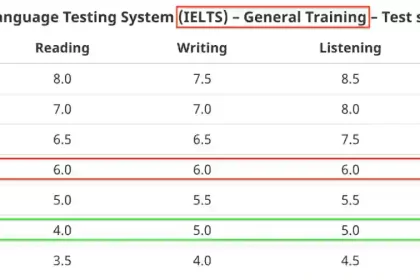The University of Oxford and Openai began a five -year collaboration that provides access to advanced artificial intelligence tools and research budgets for students and professors. Also, the Digital Buddelian Library collections and the NextGenai project will accelerate the progress of research in this area.
Part of the program will include digitalization of public collections of the Buddel Library to increase global access to these resources.
OpenAI chief executive Brad Lightcap described the collaboration as an important step towards developing artificial intelligence for everyone, stressing that engagement with the academic community is essential to develop this technology.
As part of this project, Oxford researchers will have access to the latest Openai models, including a version of ChatGPT for educational institutions. It is also possible to get a research budget for projects working with OpenAI.
The university believes that this cooperation could help accelerate research in areas such as health and climate change.
“Artificial intelligence has increased the speed of scientific discovery and helps researchers work with more complex data collections,” said Professor Patrick Grant, Vice President of Research at the University of Oxford. “Oxford intends to be at the forefront of artificial intelligence research and applications so that the scientific community and people can make the best use of this technology.”
Richard Oven, director of the Baudilian Library, also emphasized that the project is another step towards the library’s multi -unit mission to collect, preserve and publish knowledge, and to digitize resources facilitates access to researchers and the general public around the world.
This collaboration is the result of Oxford University’s participation in the NextGenai project, an initiative with Openai, bringing together the top US and British universities to advance artificial intelligence research.
“Nextgenai has accelerated research and empowers a new generation of educational institutions to benefit from the evolutionary power of artificial intelligence,” said Brad Litcap.
RCO NEWS


















